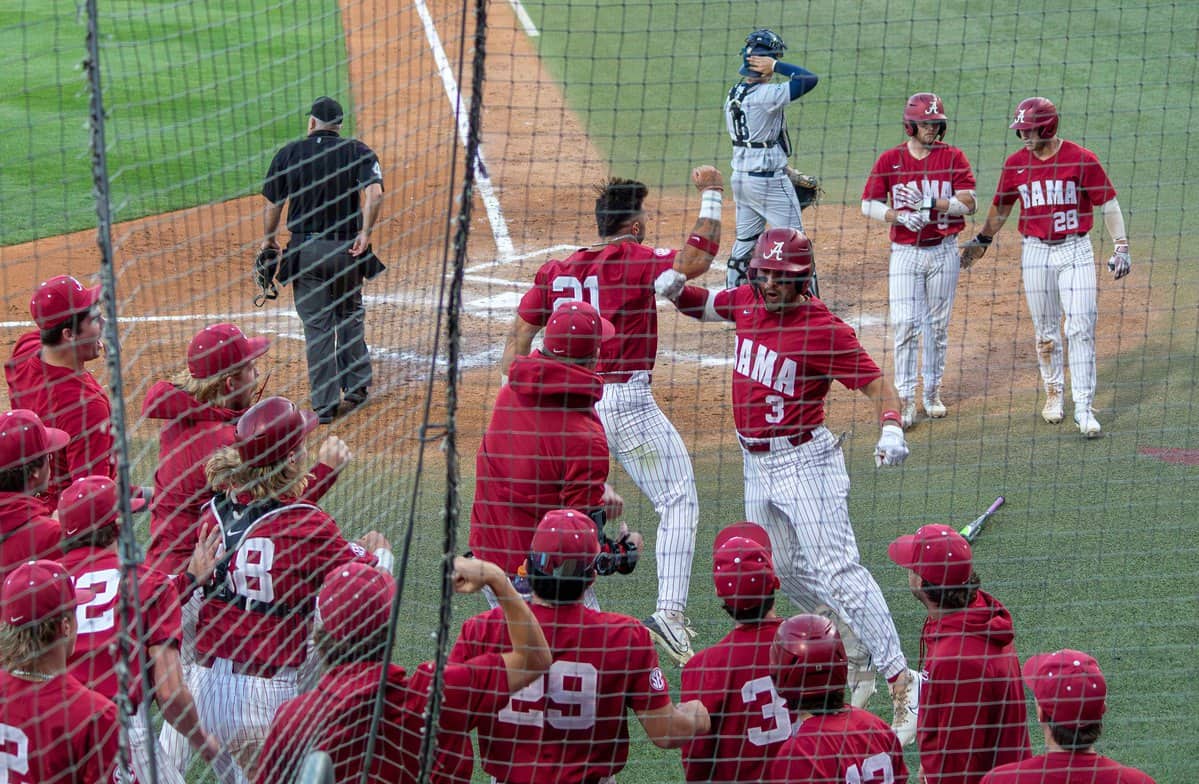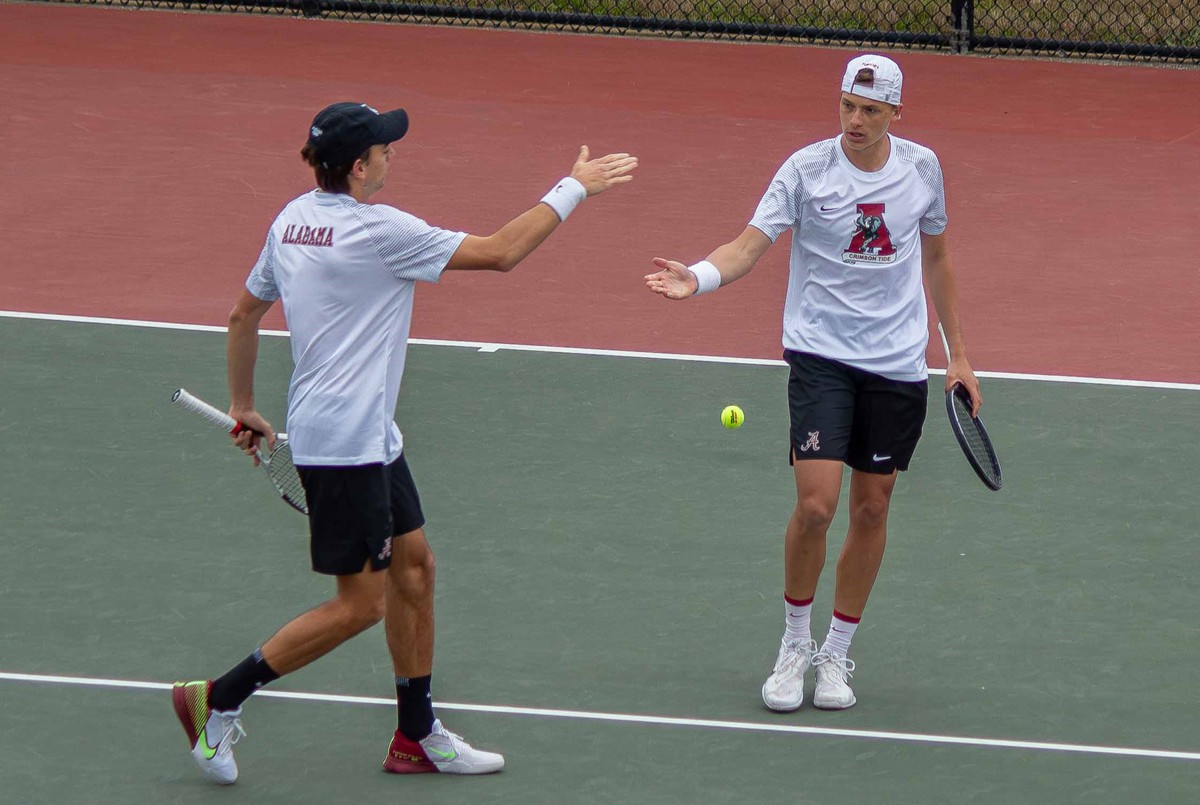It’s only fair that I am honest with you from the beginning. When I first set out to write this article, I thought only of how some of us get more chances than others; that some of us, though just as human as the next, still receive more “get out of jail free cards” than most people. Is it because they are superstar musicians? Star athletes? Big politicians? We can certainly find arguments for all these cases in most any medium. You, reading this, have most certainly read or heard of our own local heroes seeing such troubles as of late. And that is what brought me to this topic.
Initially, I felt torn into two separate pieces. On the one hand, I was saddened by the fact that some of our best athletes had found themselves in hot water and faced the ax. They stood to lose their careers, everything they had worked toward, and blow an outstanding chance at the wonderful education the UniversityUA has to offer. In the opposite field, I stood there saying, “Why am I sad for them? I work just as hard as they do. I have served my country in the U.S. Army, been a Firefighter/Paramedic in Metro Atlanta and a Flight Paramedic in Georgia for ten years before returning to school.”
I thought to myself that, even though I am a role model to my children, so are these athletes. My oldest plays football, has met our Bama players and emulates them on and off the field. How am I to explain that you can do what you want, when you want to and get away with it at any time? There was a point at which some of our players were let go on the pretense of, “I refuse to ruin the lives of two young men who have spent their adolescence and their teenage years working and sweating, while we were all home in the air conditioning,” DA Jerry Jones told KNOE-TV.
My feelings about that particular statement and toward some individuals getting away with things that others cannot was that I have sweated to death in blazing house fires, cutting helpless and broken kids out of mangled vehicles, and work tirelessly in a Nomex flight suit to battle death from overtaking my low-slung and extremely sick patient. There would not only be zero forgiveness for my perspiration on the job, but I would have been dropped like a bad habit weighing over ten tons from atop of the Empire State building by my superiors, the citizens of my jurisdictions whom I served loyally and my colleagues. So when we are held to higher standards, are role models, and are public servants that risk our lives for total strangers, not given the same consideration as those who “work and sweat” on a field or a stage? It did not make sense to me whatsoever. Still, I felt torn due to the fact that I love Bama football, the NFL and plenty of musicians and actors that have landed in the cross hairs of the law. Life isn’t fair after all anyway, right?
Then it hit me – second chances. How many have I had? How many have you had? I certainly think they are warranted for most people barring murder, armed robbery, etc. I thought about the words quoted above from the district attorney and what they meant. He is right. People deserve a second chance. How else will they learn from their mistakes? This fact brings about the most important point of receiving another chance. That undeniable verity is what you do with your second shot. If you choose incorrectly or make no adjustments/improvements, you most likely will not and should not be given a third.
Let’s take another look at out local illustration I have referenced thus far. The athletes in this story immediately took action to right their wrong. They began rehabilitation programs dealing with some parts of their offense, spending time with law enforcement personnel on the job and somewhere in there, I would bet, there was a long discussion with the man who coaches them on how they could repair the damage.
This is respectable. It’s a story I can tell my twelve year old football player explaining how people commit errors, make amends, move on and most of all, learn from their mistakes. I can relate to him that I have personally seen young men do what they are supposed to do after they were given second chances. I can tell him when we are at Bryant-Denny that some of these guys actually worked hard and went through some tough times to be on that field. They overcame and learned from life’s most natural lessons – we are human, we fail, and it is what we do with those failures that makes us who we truly are.
Kale Jenkins is graduate student studying nursing.







